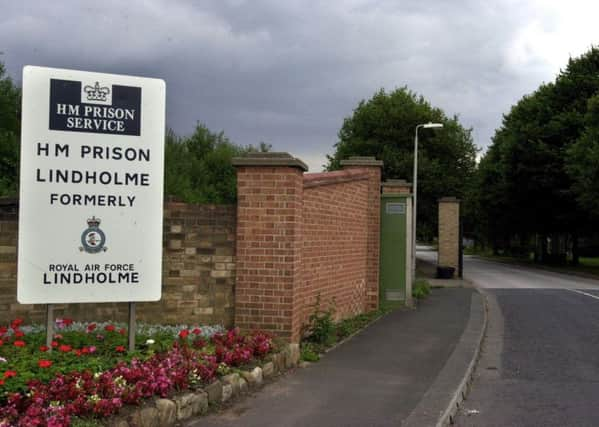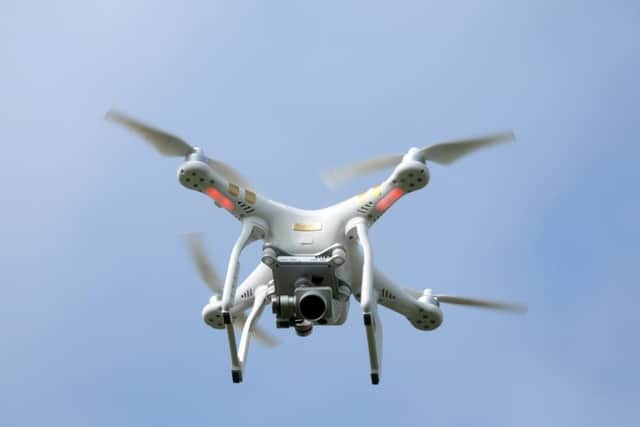Drone report increase inside perimeter of a Doncaster prison


Freedom of Information figures show that staff at HMP Lindholme reported drones flying over the prison walls - but cannot say if the drone was used for illegal activity such as smuggling.
Other prisons including HMP Ranby in Nottinghamshire, discovered drones smuggling mobile phones into the prison grounds.
Advertisement
Hide AdAdvertisement
Hide AdDrugs were also found to have been brought in by drones at other UK prisons.


The incidents at Lindholme were recorded in May, September and October.
Two incidents were reported as ‘miscellaneous’ and another of ‘drone’.
The report states where ‘miscellaneous’ has been recorded, it refers to a reported drone sighting in or around a prison.
Advertisement
Hide AdAdvertisement
Hide AdThe Ministry of Justice has said that where an incident has been listed as this or as drone only, they cannot know if the craft was being used for illegal purposes.


Prisons most affected by drone incidents between 2014 and 2015 were HMP Onley in Northamptonshire, topping the list with four, followed by Lindholme, Ranby and Swansea on three, and Bedford, Wandsworth and Manchester clocking two each.
Nationally, the number of incidents involving unmanned flying units to drop items such as drugs and phones into prisons has increased massively over two years.
Figures showed that there were no incidents of drone use smuggling goods into prisons.
Advertisement
Hide AdAdvertisement
Hide AdIn 2014 there were two incidents but in 2015 33 incidents were recorded - a rise of over 1500 per cent.
Mike Rolfe, national chairman elect of the Prison Officers Association (POA), said: “The use of drones to smuggle traditional drugs, NPS (legal highs) and mobiles phones into prisons is of serious concern to the POA.
“The POA have long pushed for increased staffing resource to tackle the security issue that drones present. The additional resource should be used to increase operational staffing within establishments, allowing for the recovery of parcels delivered to prisoners by drones through cell checks and prisoner searches.
“This includes pressing NOMS (National Offender Management Service) for measures to tackle drones such as ground patrols and secure windows on cells.
Advertisement
Hide AdAdvertisement
Hide Ad“The use of illicit mobiles phones allows for increased criminal activity and distress to victims and their families.
“The trafficking of illegal drugs and legal highs hampers rehabilitation breeding violence, bullying and gang culture. All of these issues are on the increase with the use of drones supporting this criminality.”
A Ministry of Justice spokesman said: “Incidents involving drones are rare, but we remain constantly vigilant to all new threats to prison security.
“We have introduced new legislation to further strengthen our powers, making it illegal to land a drone in prison or to use a drone to drop in psychoactive substances.
Advertisement
Hide AdAdvertisement
Hide Ad“Anyone found using drones in an attempt to get contraband into prisons can be punished with a sentence of up to two years.
“We take a zero tolerance approach to illicit material in prisons and work closely with the police and CPS to ensure those caught are prosecuted and face extra time behind bars.”